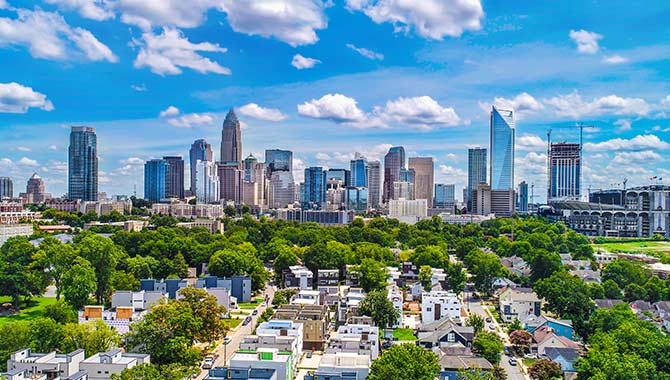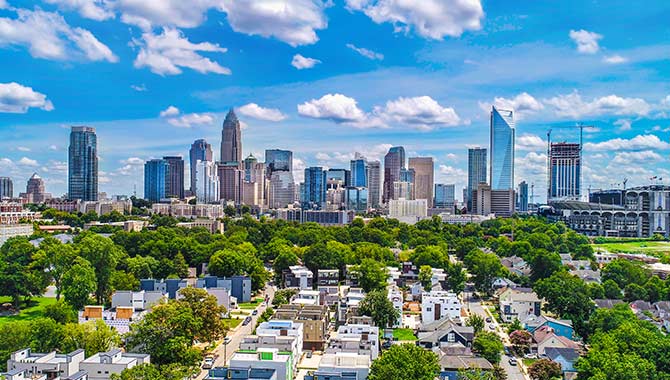 Listen To Article
Listen To Article
A well-known legislator in North Carolina stated that before lawmakers wrap up this year’s regular session later this summer, plans will be made to expand state-sanctioned gambling.
The General Assembly is still in session as House and Senate republicans work out differences on a two-year state budget that was meant to go into effect on July 1.
According to Senate leader Phil Berger, lawmakers are still debating whether to legalise and regulate video gaming machines, enable casinos on non-tribal grounds or both.
Berger was asked about the likelihood of whether legislation allowing some combination of additional gambling, either as part of or outside of a budget agreement, would reach democratic Governor Roy Cooper’s desk this summer. He said: “I’d say better than 50-50. It’s a serious discussion.”
The legislature has already passed a law authorising sports and horseracing betting throughout the state; the first bets are anticipated to be placed in the first half of 2024.
Since establishing a state lottery in 2005, it represented the legislature’s largest expansion of gambling. Cooper officially passed the sports gambling bill by signing it.
Currently, two American Indian tribes run three casinos in the state. Senate Leader Berger, in particular, is concerned about the new casinos that have opened up recently in Virginia close to the North Carolina border, and where North Carolinians gamble.
The most recent one opened in Danville, Virginia.
Supporters believe that allowing casinos in North Carolina will reduce the influence of out-of-state gambling, increase tax income for state and local governments, and aid economically struggling regions.
Berger said: “The gaming is already taking place in North Carolina, and gaming is taking place on the border of North Carolina that is pulling money out of North Carolina.”
The Senate’s budget proposal, on the other hand, was aimed at accelerating the rate reduction of the individual income tax so that it would arrive at 3.99% in 2025 rather than 2027 as required by existing law.
Senators also planned to gradually reduce it to 2.49% in 2030. The rate previously predicted for 2024 would have been marginally reduced under the House plan, but the trend would still reach 3.99% in 2027.



